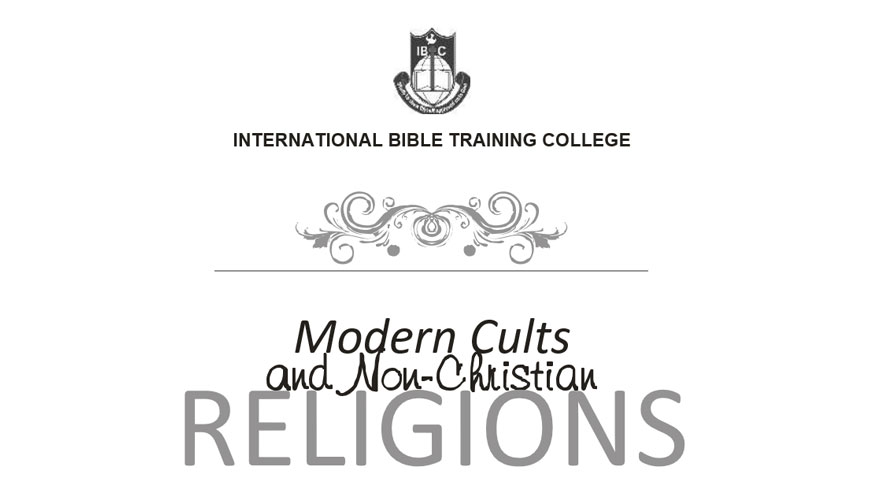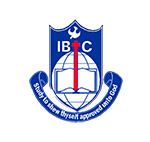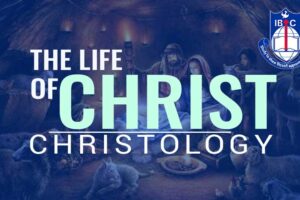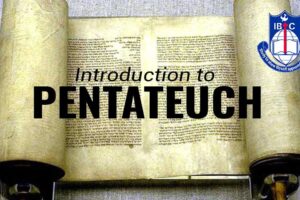
Modern Cults and Non-Christian Religions
COURSE DESCRIPTION
Modern Cults and Non-Christian Religions. It is challenging to provide a single definition of a cult that will be widely accepted. But if we have a basic understanding of the traits of cults, we can find some answers to the definitional conundrum. Despite this, some efforts will be made to define this topic.
LEARNING OUTCOMES
At the end of this unit, students should be able to:
- Define Cults.
- Highlight the Occultic or Cultic Practices.
- List out five (5) characteristics of Cults.
INTRODUCTION
There are two main definitions of cults: theological and sociological. While the theological definitions concentrate on the sect’s non-orthodox belief system. Sociological definitions emphasise the sect’s behavioural traits.
Theologically speaking, a cult is a religious movement that arises from and departs from an earlier accepted faith; in other words, it is a group that professes to be followers of a faith but disregards its teachings.
Religious movement that adheres to a set of theological principles that differ from those that are commonly accepted is considered a cult.
The emphasis in sociological definitions is on behaviours that deviate from accepted social norms in the group’s environment.
Therefore, a cult may be characterised sociologically as a group that deviates from the accepted consensus to express drastically dissimilar ideas, whether they be actual or imagined, feasible or impractical, or morally upright or immoral.
CERTIFICATION
By the end of this course (Modern Cults and Non-Christian Religions), the student will be entitled to a certification issued from Anchor University, Lagos.
ACCESS THE COURSE
- You must be a student before you can access this course. Contact Us



